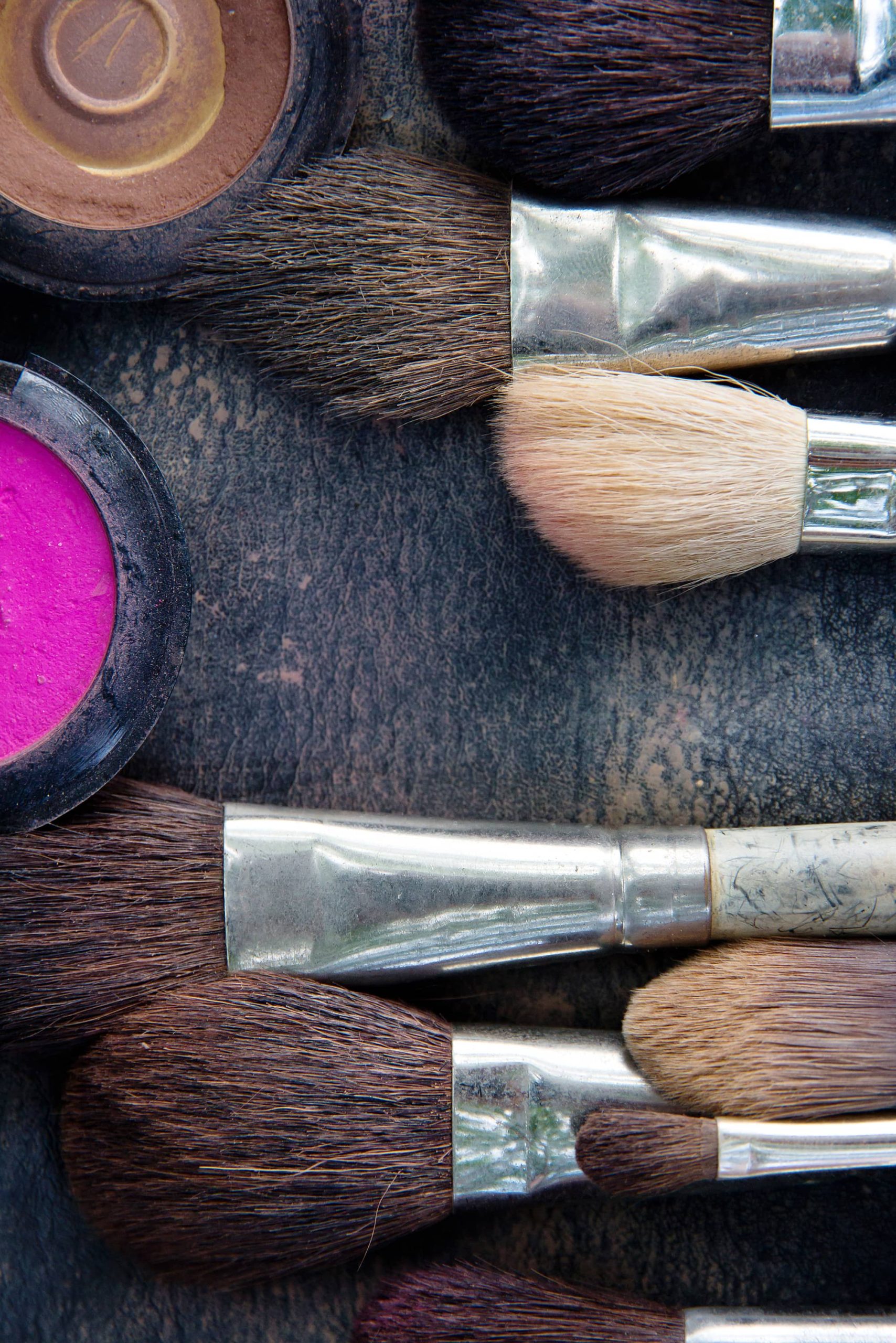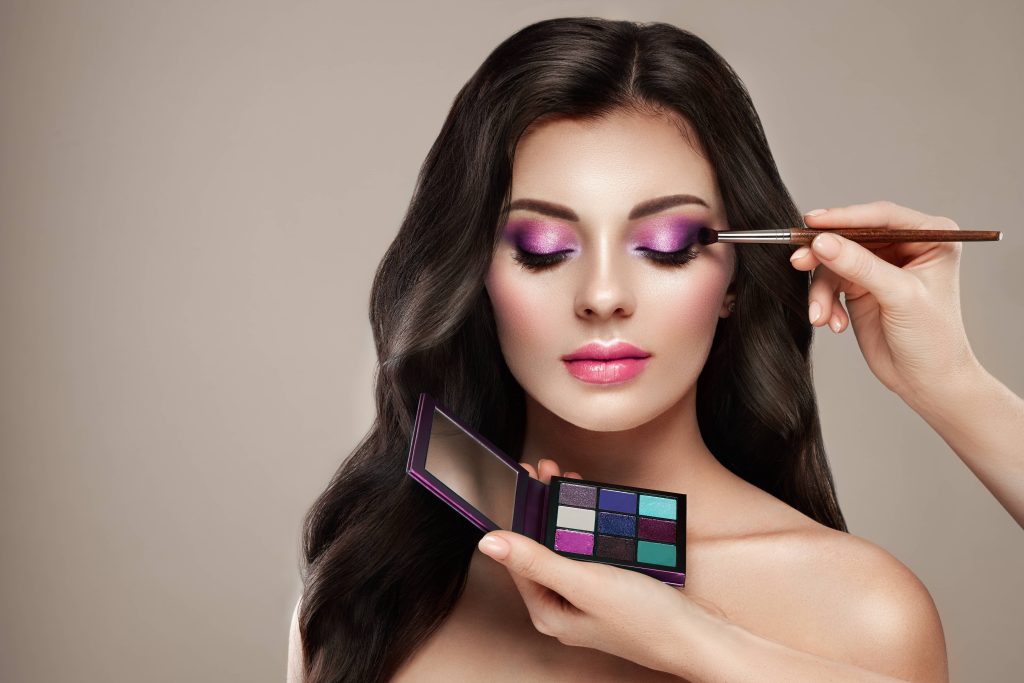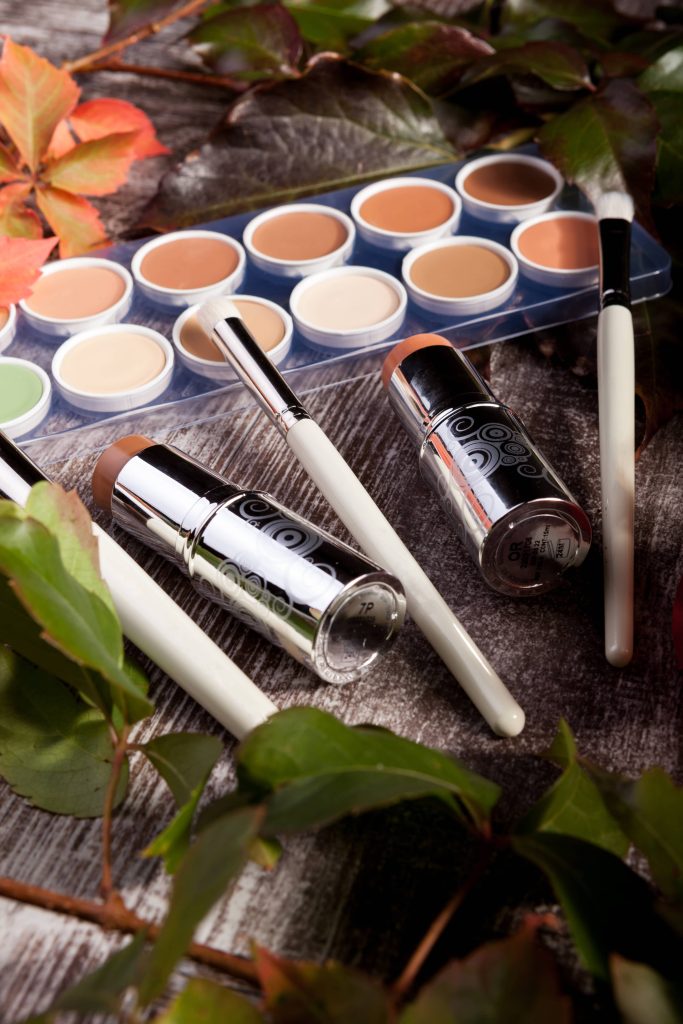
In the dynamic world of beauty, where trends and technologies continually evolve, biotechnology has emerged as a groundbreaking influence, poised to revolutionize the industry. The fusion of science and beauty isn’t new, but the depth at which biotechnology is reshaping our beauty products is unprecedented. This marriage of biology and technology holds promises of sustainability, customization, and efficacy that could transform our beauty regimes in ways previously unimagined.
Understanding Biotechnology in Beauty
Biotechnology in beauty primarily centers around using biological molecules and living systems to develop beauty products. This can involve genetic engineering, biochemistry, and molecular biology applications to create innovative beauty solutions. From lab-grown ingredients to DNA-based skincare, biotechnology is expanding the possibilities of what beauty products can achieve.
Sustainable Beauty: The Eco-Friendly Revolution
One of the most significant contributions of biotechnology to the beauty industry is its potential to enhance sustainability. As consumers become more environmentally conscious, there is increasing demand for products that do not harm the planet. Traditional beauty products often rely on natural resources, leading to depletion and environmental damage. Biotechnology offers an alternative.
For instance, companies are now producing synthetic ingredients in labs, which mimic natural ones but don’t have the same environmental cost. Lab-grown squalane, derived from yeast fermentation, is one such example, replicating the properties of squalane obtained from shark liver or olives, thus saving marine life and reducing agricultural demand. Furthermore, biotechnology enables the creation of biodegradable materials for packaging, reducing the environmental impact even further.
The Power of Personalization
Another groundbreaking impact of biotechnology in beauty is the ability to customize products to suit individual needs more precisely than ever before. Genetic research allows for a deeper understanding of skin types, hair types, and individual responses to different ingredients. Brands are beginning to explore DNA-based skincare, creating products that cater to one’s genetic makeup.
Biotechnology has also enabled “smart” beauty devices that analyze skin conditions and provide real-time feedback, allowing consumers to tailor their skincare regimens accordingly. This level of personalization ensures that consumers get the most effective products, reducing trial and error and enhancing user satisfaction.
Enhanced Efficacy Through Advanced Formulations
Biotechnology is not just about creating sustainable or personalized products; it’s also about enhancing efficacy. By understanding and manipulating biological processes, companies can develop formulations that target specific issues with precision. For instance, peptide technology is making waves in age-defying creams, offering potent solutions for reducing wrinkles and fine lines by mimicking the natural processes of the skin.
Moreover, biotechnology allows for the incorporation of powerful compounds such as growth factors and stem cells into beauty products. These components, previously available only through medical treatments, are now being formulated into creams and serums to rejuvenate skin at a cellular level.
The Rise of Probiotic Skincare
Biotechnology has also paved the way for a new dimension in skincare: probiotics. Much like in the digestive system, the skin also has a microbiome that plays a crucial role in its health. Probiotic skincare products aim to balance this microbiome, potentially addressing issues such as acne, sensitivity, and eczema. The understanding and manipulation of the skin’s microbiome thanks to biotechnological advancements promise to refine our approach to skincare, offering more effective and harmonious solutions.
Potential Challenges and Considerations
Despite its many promising attributes, the integration of biotechnology in beauty is not without challenges. Ethical considerations regarding genetic data for personalized beauty solutions must be addressed. Companies must ensure consumer privacy and data security, maintaining transparency on how genetic information is used.
Additionally, regulatory frameworks often lag behind technological advancements. There is a need for transparent and rigorous standards to ensure the safety and efficacy of biotechnological beauty products. As with any innovation, thorough research and clear guidelines are essential to building consumer trust.
Conclusion: The Future Looks Beautiful
In conclusion, biotechnology is set to have a profound impact on the future of beauty products. From creating sustainable and eco-friendly alternatives to offering personalized, highly effective solutions, biotechnology is transforming the beauty industry. As we move forward, embracing this innovation responsibly and ethically will be key to unlocking its full potential, ensuring that beauty doesn’t come at the expense of the planet or consumer trust.
The beauty industry stands on the threshold of a biotechnological revolution that promises not only to enhance how we care for ourselves but also how we care for the world. As consumers become more savvy and eager for transparency and results, the role of biotechnology will only continue to grow, shaping a future where beauty and science go hand in hand to create products that are as kind to the Earth as they are to our skin. The possibilities are as endless as the beauty of nature itself, driven by the precision of science and the creativity of innovation.



